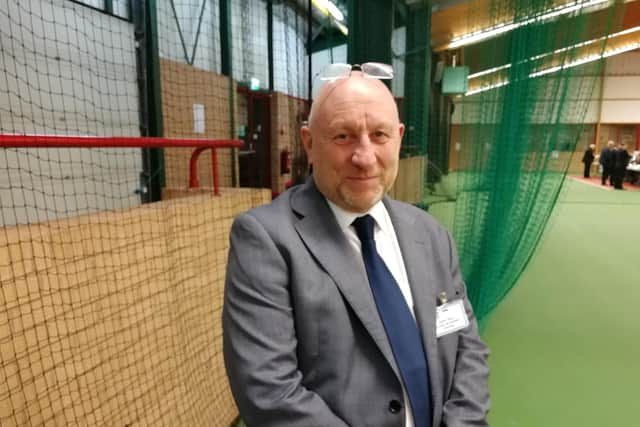This is how Lancashire residents who are confined to their homes will get the help they need
and live on Freeview channel 276
Around 1.5 million people across the UK are being contacted by letter to inform them if they are somebody who should be “shielding” themselves from all public contact, because of an existing condition or ongoing medical treatment.
The Local Democracy Reporting Service understands that councils will be taking steps to identify these wider groups – but phonelines and other points of contact are expected to be available from Friday so that people can advise the authorities that they are in need of help.
Advertisement
Hide AdAdvertisement
Hide Ad

“The first priority is making sure people are fed,” said Gary Hall, the chief executive of Chorley Council, who is also Silver Commander for the Lancashire Resilience Forum.
“The business community in Lancashire is stepping up to the plate and we’ve had many offers of help. Hopefully, that will be sufficient – but we are getting some assistance from central government as well.
“There are also local systems set up for people to receive [their medicines] – it’s all about anticipation.
“We want to reassure the public that support will be there. Our overall aim is to make sure that the right help gets to the right people at the right time,” Mr. Hall said.
Advertisement
Hide AdAdvertisement
Hide AdHe added that some parts of the county will be better placed than others to deal with the forthcoming challenges, but said that the “Lancashire family” of local authorities would come together to ensure that every area gets the necessary support.
Lancashire Police’s deputy chief constable Terry Woods added that the definition of both “vulnerable person” and “volunteer” is likely to be transformed by the coronavirus crisis.
“Traditionally, [vulnerable] has meant the elderly and people who need care at home. The term is going to move to [encompass] perhaps a 30-year-old who has moved into this area, with no friends or family, who then needs to self-isolate and has nobody to get shopping for them.
“You’ve also got traditional volunteers – but now a lot of businesses and employees are not working and have access to huge resources. We are going to need minibuses, vans and people to drive them when we need to start delivering food packages to people,” DCC Woods said.
Advertisement
Hide AdAdvertisement
Hide AdThe hubs will be operated at a local level with county-wide oversight – and volunteers are being encouraged to get in touch with the Lancashire Volunteer Partnership to offer help – www.lancsvp.org.uk
Comment Guidelines
National World encourages reader discussion on our stories. User feedback, insights and back-and-forth exchanges add a rich layer of context to reporting. Please review our Community Guidelines before commenting.